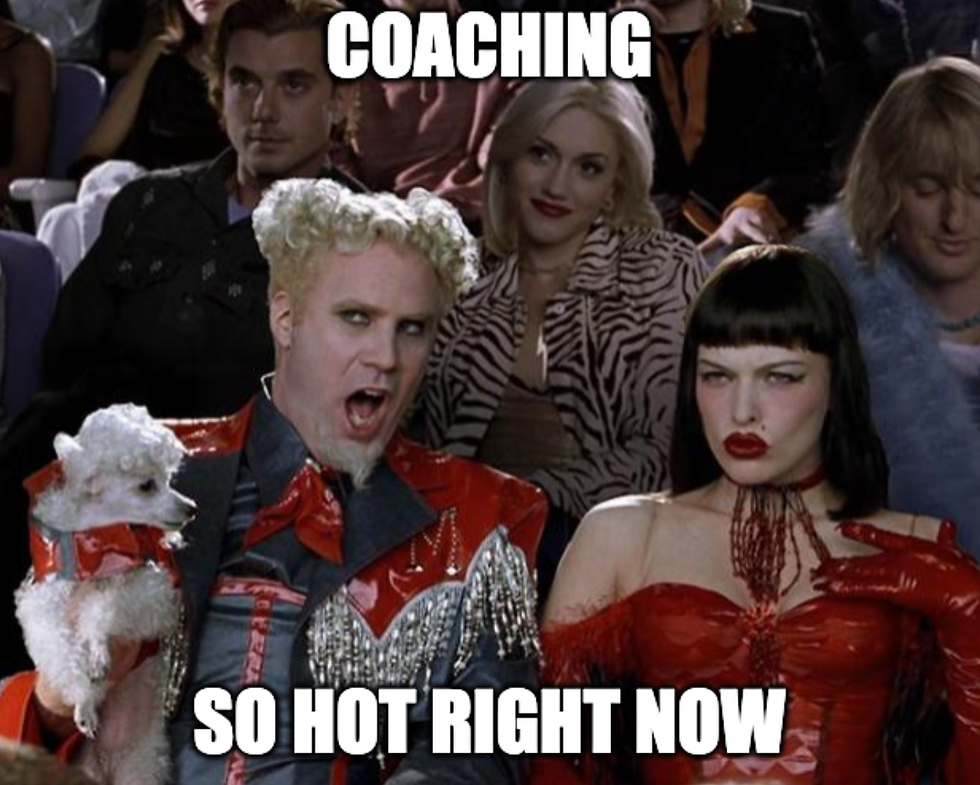Good News for Startup Leaders: You Don’t Have To Fix Anything (If You Lead Your People Well)
- Paolo Pironi
- May 13, 2020
- 2 min read
Updated: Jun 13, 2020
You and I don’t have a magic wand and that’s a good thing, because we’d use it wrong :)
As leaders, we tend to want to design our ideal future because we think we know what’s best for everyone. We mean well. But human systems are diverse and their complexity is an asset: individuals with different strengths build organisations that are much greater than the sum of their parts.
So here’s how you empower your best people to solve everything for you.

Don’t fix what’s broken - replicate what’s already working
Strength-Based Coaching posits that instead of obsessing with fixing your organisation's deficiencies, you should identify the intrinsic strengths that your org already possesses and capitalise on them.
Social leadership book "The Power of Positive Deviance" details an approach that has solved enormous social problems that couldn't be fixed in any other way (malnutrition in Vietnam, staph infections in hospitals, etc). In every community, like in every company there are already few people whose performance surpasses everyone else’s. Don’t try to fix the others, but rather replicate what these positive deviants are already doing right. "Focus on the successful exceptions, not the failing norm” - their approach provides the blueprint because it has already worked in the complex environment of your market and your org.
They’re giving you the cheat sheet, so why not take it?
Peter Block's award-winning book “Flawless Consulting” provides guidance on applying this technique to companies. The gifts of these positive deviants are typically "invisible in plain sight" - even they don't know what they know. So to fully comprehend what makes them great you need to observe them, not interview them.
You can’t mandate Culture, but you can harness it
This approach also informs how you as a Founder can create a desirable company Culture. Or rather, how you don’t “create” it. You help it along.
For once something that doesn’t fall entirely on your shoulders - isn’t it a relief?
Don’t get me wrong, Founders play a key role in hiring people who share the values upon which the company was founded (very important).
But then the actual culture will be shaped in response to other internal organisational forces and external market forces that aren’t within any single person’s control. It would be futile for Leaders to try and shape it from scratch to be exactly the way you like it (sorry).
But as a good Leader, you still have a crucial responsibility: to identify the positive deviants and propagate their DNA until it permeates your entire org.
And then Step 3 - PROFIT! (who got the reference? :)






Comments